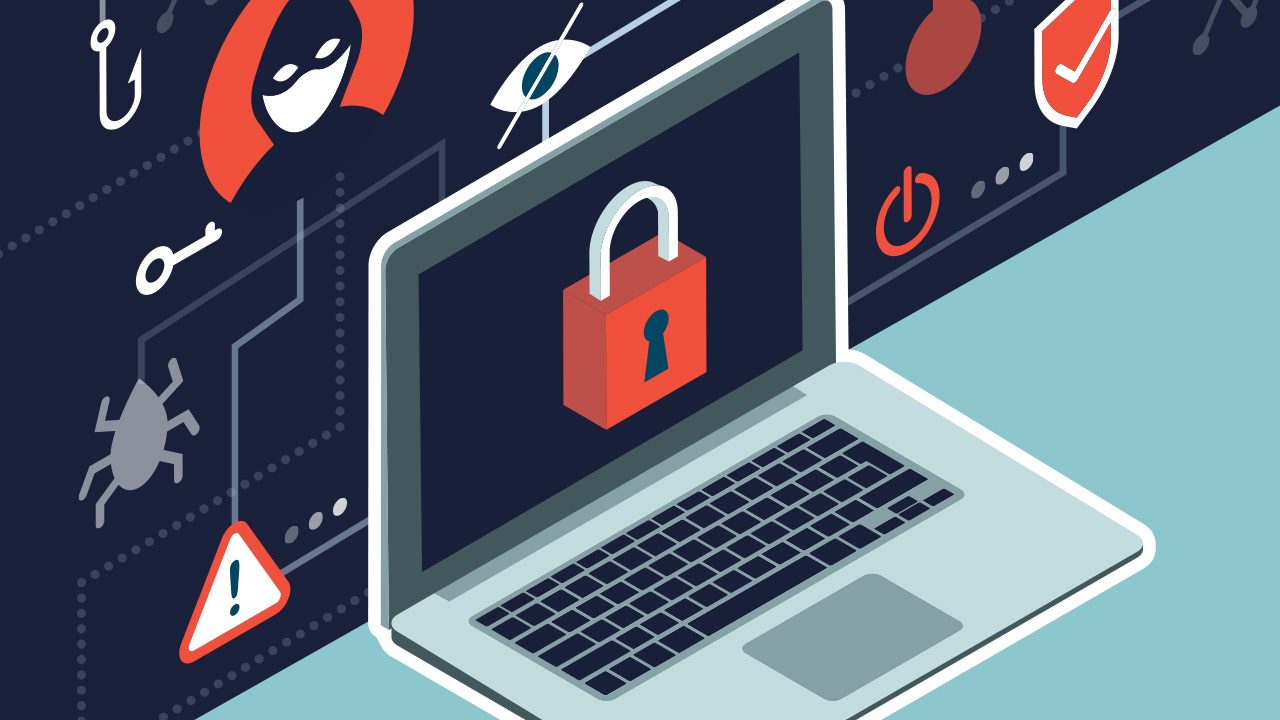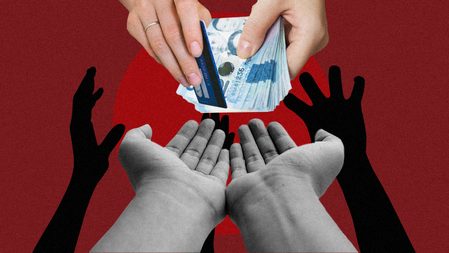SUMMARY
This is AI generated summarization, which may have errors. For context, always refer to the full article.

Have you ever seen an online deal that seemed too good to be true? To prevent fraud, it pays to be discerning.
From fraud to “fake news,” the digital space has been muddled by online disinformation. Along with the spread of suspicious claims, viral scams and financial deception quickly evolved and plagued various digital platforms.
These schemes have been rampant long before the digital era – scammers prey on people who put their blind trust in strangers. These scammers have made their way online, many posing as merchants. (READ: Lifeline during COVID-19: How Facebook buy and sell groups meet people’s needs)
During the pandemic, there have been increasing reports of digital fraud that involve purchased items that are expired, fake, in poor condition, or did not reach the buyer. MovePH, Rappler’s civic engagement arm, has received reports from students who were scammed online while purchasing their gadgets for distance learning. (READ: How much would online distance learning devices cost?)
Here are some tips to avoid falling into the trap of bogus deals online:
Do your research
With access to information just a click away, doing research on a product and shop prior to a purchase makes a big difference.
The seller should provide all the relevant information about the product, including the price, condition of the item, and warranty. For items that are sold way below its original price, the seller must indicate the valid Reason For Selling (RFS).
If these details are not provided, contact and reach out to the seller to ask for more information about the product. The buyer has the right to ask as many details about the planned purchase, especially if you are not yet fully convinced of buying the product.
Ask for proof of product
There are many deals hawked online that claim good value for money. However, one should always be wary of offers that sound unbelievable – verify details of the product and ask for proof of product availability and its current condition.
Meeting in a public space to inspect the item is a good practice that allows buyers to check the item on hand. But with the pandemic, this may not always be advisable.
If you are buying online and there’s no way for you to meet with the seller, make sure to check their policies of refund, return, and repair.
Be skeptical and request for more pictures of the product rather than generic images that can be searched online.
To verify if the photos sent are authentic and have not been used elsewhere, use valuable tools like “reverse image” search engine in TinEye and Google. Perhaps successful in fooling others using the same photos, some scammers use random internet photos that can be easily verified.
Verify seller’s credibility
Before making a purchase, make sure to check relevant details not just about the product, but also about the seller. The seller’s profile should contain their photo and contact information.
You can also type the name of the seller or shop on a search engine and add words such as “review,” “complaints,” “scams,” “fake,” or “reports.” If posts under these keywords come up with proof of wrongdoing, don’t buy from the seller.
Contact the online seller to verify the details about the product. They must also be able to give proper answers to buyers’ questions. It is their duty to be honest and to provide complete information about the items they are selling.
It also pays to check online reviews made by other buyers for shared details about the products they bought, feedback of the online purchase, product defects, and comments about their experience with the seller. Do not rely on just a few comments, read other reviews – especially the worst reviews – from various buyers as well.
Beware of sketchy behavior
Make sure to use a reputable buy and sell platform that safeguards interests of both the seller and the buyer, in case of a scam.
Do not pay up front. Online sellers must not insist on getting the money wired or deposited to their bank account right away.
They must be able to provide options for the terms of payment, along with proof of purchase and a warranty certificate.
They must also not insist on getting personal information beyond what’s required for the transaction. The Data Privacy Act of 2012 gives Filipinos the right to protect their personal information for the sake of cybersecurity.
If you’re suspicious about a seller or a product, flag the post to save others from a potential scam before looking for another deal online.
Report scammers
If you got scammed, make sure to report the seller to the online platform that you used so they can take the necessary steps to suspend the seller’s account.
Digital fraud thrives when victims fail to refute the details of the scam. These scams will continue to propagate if they are not reported, causing more harm to potential buyers.
Don’t be afraid to file a complaint with the right channels that protect cybersecurity, such as the Philippine National Police Anti-Cybercrime Group. – Rappler.com
Add a comment
How does this make you feel?






There are no comments yet. Add your comment to start the conversation.